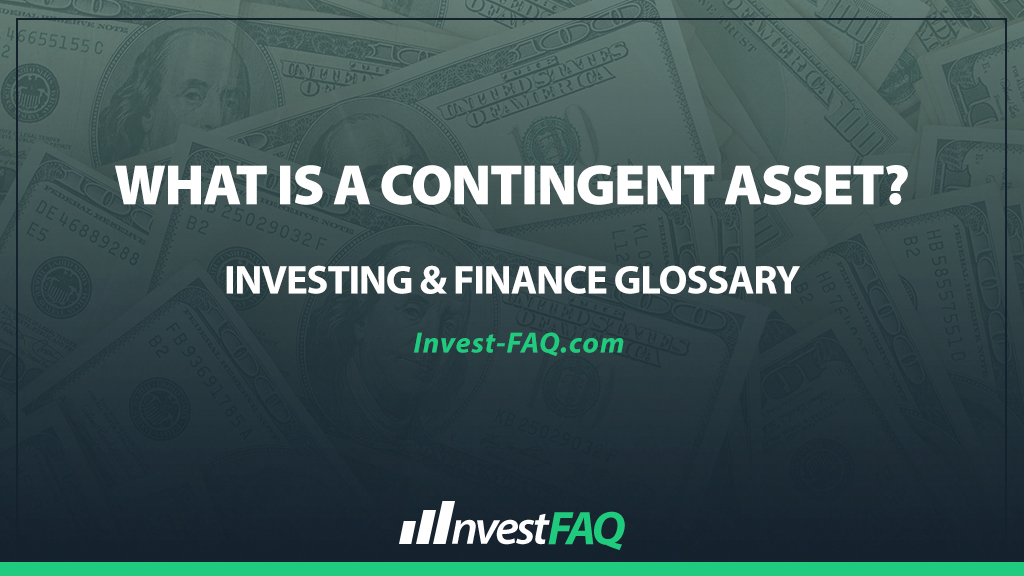
Contingent Fee
Contents
A contingent fee is a payment to a service provider, such as a lawyer or consultant, that is only due if specific outcomes or conditions are met. Typically, this fee structure is used when outcomes are uncertain, aligning the payment with the success of the service provided.
In business, contingent fees are often associated with legal services, where attorneys may take on cases for clients with the understanding that they will only receive payment if they win the case or achieve a settlement.
This arrangement can also be found in consulting, where payments for services might depend on reaching certain performance targets or savings.
Example of a Contingent Fee
“XYZ Corporation” hires a legal firm to pursue a claim for patent infringement, agreeing to a contingent fee arrangement. The agreement stipulates that the legal firm will receive 30% of any settlement or award won in the case. If the case is successful and results in a $1,000,000 award, the contingent fee due to the legal firm would be $300,000.
Event: Successful patent infringement claim
Settlement/Award: $1,000,000
Contingent Fee (30%): $300,000
Accounting Treatment: The contingent fee of $300,000 is recognized as an expense in the period the award is confirmed, affecting the company’s net income.
In this scenario, “XYZ Corporation” benefits from the legal expertise without upfront fees, reducing its initial financial risk.
The contingent fee structure incentivizes the legal firm to achieve the best possible outcome, aligning the interests of both parties.
From an accounting perspective, the fee becomes an expense only after the success of the case, ensuring that expenses are matched with the revenue (in this case, the award) they help generate, adhering to the matching principle in accounting.
Significance for Investing & Finance
The concept of a contingent fee holds significant implications in accounting and financial management:
Risk Management: Contingent fees allow companies to pursue legal actions or consultancy projects without immediate financial outlay, mitigating financial risk.
Expense Recognition: In accounting, contingent fees are recognized as expenses in the period the related revenue or savings are realized, ensuring that financial statements accurately reflect the company’s performance.
Cash Flow Management: This fee structure can be advantageous for cash flow management, as payments are deferred until specific outcomes are achieved.
Incentive Alignment: Contingent fees align the incentives of service providers with those of the company, potentially leading to better outcomes for the company.
In summary, a contingent fee is a payment arrangement that is contingent upon achieving a successful outcome, widely used in legal services and consulting.
This fee structure allows businesses to manage financial risk, align incentives, and ensure that expenses are appropriately matched with revenues or savings in their accounting records, reflecting a true and fair view of the company’s financial performance.
FAQ
What is a contingent fee in the context of legal services?
A contingent fee is an arrangement between a client and an attorney where the attorney’s fees are based on the successful resolution of a case, typically represented as a percentage of the settlement or judgment awarded.
How does a contingent fee structure benefit clients seeking legal representation?
A contingent fee structure benefits clients by providing access to legal representation without upfront fees, ensuring that legal services are financially accessible, especially in cases where clients might not afford to pay hourly or fixed fees.
Are contingent fees used in any professional services outside of law?
Yes, contingent fees are also used in other professional services such as consulting, real estate, and financial services, where payment is made only upon achieving a specific result or successful completion of a service.
What happens if a case or service under a contingent fee agreement is unsuccessful?
If a case or service under a contingent fee agreement is unsuccessful, the client typically does not owe any fees to the professional, as payment is contingent upon a successful outcome.
